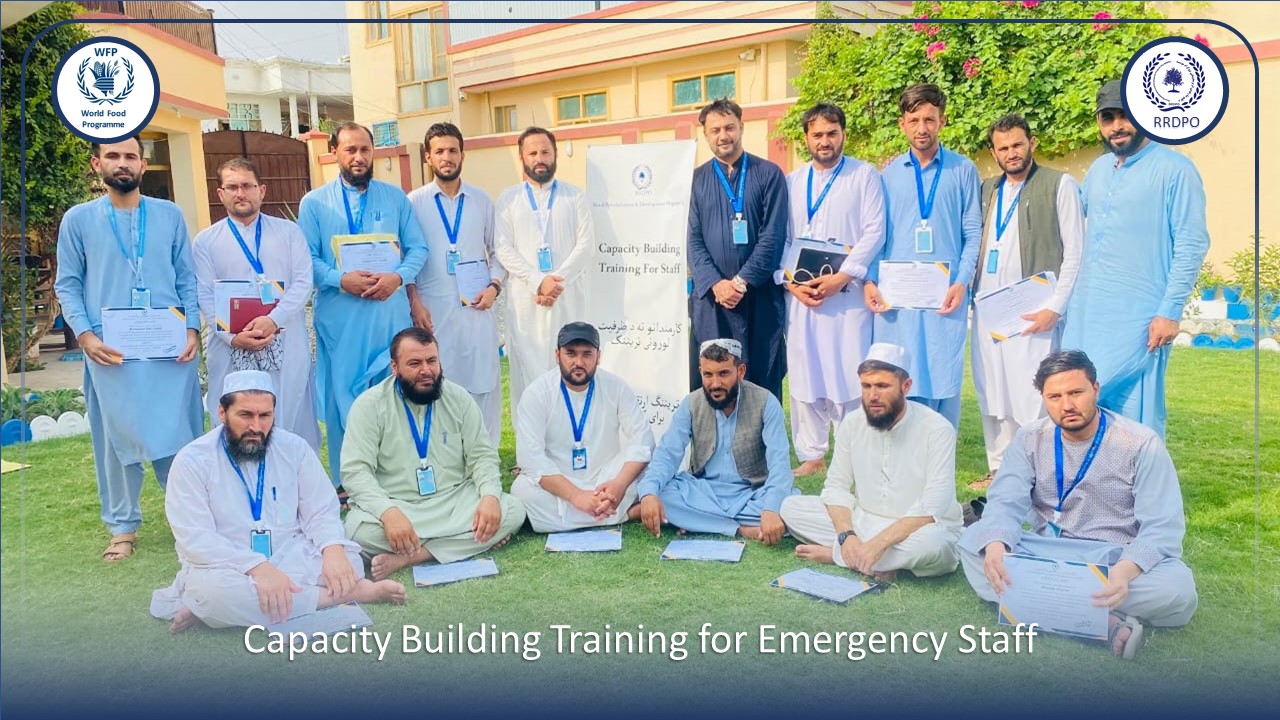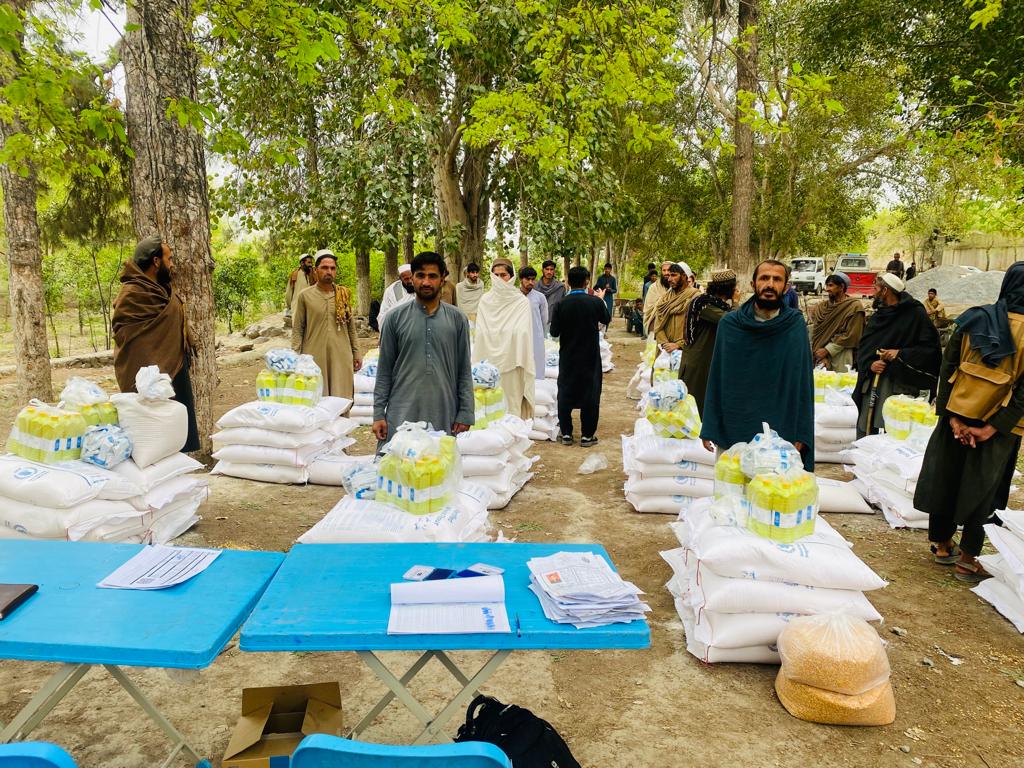1. Introduction: As part of its ongoing commitment to institutional development and staff empowerment, RRDPO launched a structured Capacity Building Training Program for 2025 and 2026. The initiative aims to strengthen the technical knowledge, operational skills, and professional competencies of its staff at both field and central levels. This training series is designed in line with RRDPO’s strategic priorities, focusing on enhancing the quality, efficiency, and accountability of program delivery across all operational sectors. Through targeted workshops, practical exercises, and knowledge-sharing sessions, the training seeks to ensure that staff are better equipped to respond to emerging humanitarian needs, implement donor-funded programs effectively, and comply with international standards and internal policies. The capacity building efforts also foster a learning culture within the organization, promote cross-team collaboration, and prepare staff to take on greater leadership roles in future program cycles This multi-phase training plan covers key thematic areas including project cycle management, reporting and documentation, safeguarding, monitoring and evaluation (M&E), risk management, and community engagement. Sessions are adapted to meet the contextual needs of staff working in different provinces and roles, ensuring relevance and sustainability of learning. 2. Objectives of the Training: 1. Enhance Understanding of FLA Obligations and CBT Requirements 2. Strengthen Hotspot Assessment and Targeting Capabilities 3. Improve CFAC Formation and Community Accountability 4. Clarify Vulnerability Criteria and Targeting Procedures 5. Develop Technical Proficiency in SCOPE System Usage 6. Strengthen Distribution Site Management 7. Promote Gender, Protection, and Inclusion Principles 8. Improve Disaster Preparedness and Response Skills 9. Build Contingency Planning and Helpdesk Management Capacity 10. Ensure Food Safety and Quality Standards Compliance 11. Provide Insight into BMGF Activities 12. Improve Warehouse and Stock Management Practices 3. Training Topics Covered: • FLA obligation, FLA amendment, CBT (What are WFP Requirements from CP, HR Management, Finance Management, Reporting, CBT coordination and implementation.) • Hotspot (Rapid Assessment, Hotspot targeting, Roles and responsibilities.) • CFACs (CFAC Formation, Female inclusion, key challenges, and code of conduct implementation.) • Vulnerability Criteria, Beneficiary Verification, Targeting Process (New Vulnerability Criteria, new changes and remove criteria, Beneficiaries verification, and Targeting process) • SCOPE (Overview on Scope process, Scope Registration Demo) • Distribution Management (FDP selection, FDP set up, standards, Lay out and visibility) • Gender, Protection and Inclusion – Our commitments to Safe, Inclusive and Accountable Programmes (Gender, Protection and Inclusion – Our commitments to Safe, Inclusive and Accountable Programmes) • Natural Disaster (What are Natural Disaster and How to manage Disaster) • Contingency Response and Helpdesk (Contingency Response and Helpdesk operation, Helpdesk Demo) • FSQ (Food Safety and Quality, Baking Test & Food Commodities Quality Check Report, FSQ Check List) • BMGF (BMGF Activity overview) • Warehouse (Warehouse Management) • WFP/TPM roll and responsibility in the WFP overall activities 4. Participants: A total of 26 staff members participated in the training, including Director, Project Manager, Program Officer, field officers, program related staff, Field Staff, and administrative support from various provinces. List of Participants is attached in Page # 9 5. Training Methodology: Interactive presentations covering key topics Group discussions to encourage participation Practical demonstrations and role plays for hands-on learning Case studies to apply concepts to real scenarios Q&A sessions and experience sharing for clarity Pre- and post-training assessments to evaluate learning Provision of job aids and reference materials for future use Focus on both theory and practical skills development Covered subjects: FLA obligations, CBT, hotspot targeting, CFACs, SCOPE, distribution management, gender & protection, natural disaster management, contingency response, FSQ, BMGF activities, warehouse management 6. Outcomes and Achievements: The RRDPO Capacity Building Training successfully enhanced staff capacity in multiple operational and technical areas essential to effective humanitarian programming. The training produced the following key outcomes and achievements: 1. Strengthened Understanding of FLA Obligations and CBT Implementation: Staff improved their knowledge of WFP requirements for Cooperating Partners, including key areas such as FLA obligations, amendments, HR and finance management, reporting protocols, and CBT coordination. This ensures better alignment with donor expectations and program efficiency. 2. Enhanced Rapid Assessment and Hotspot Targeting Skills: Participants gained clear guidance on rapid assessments and hotspot identification, including roles and responsibilities. This has led to more structured and evidence-based targeting in emergency-prone areas. 3. Improved CFAC Formation and Community Engagement: The training reinforced the importance of forming inclusive Community Feedback and Accountability Committees (CFACs), especially with female participation, while also addressing challenges and reinforcing the Code of Conduct. 4. Better Targeting and Verification Procedures: Staff were trained on updated vulnerability criteria, targeting processes, and beneficiary verification steps. This will support fair, transparent, and needs-based beneficiary selection. 5. Technical Proficiency in SCOPE Registration: Through live demonstrations, staff developed hands-on experience with the SCOPE registration process, improving data collection accuracy and registration efficiency. 6. Effective Distribution Management: The training covered FDP site selection, setup standards, layout planning, and visibility, which will enhance the quality and safety of future distributions. 7. Reinforced Gender, Protection, and Inclusion Commitments: Staff deepened their understanding of RRDPO’s responsibilities in delivering safe, inclusive, and accountable programs, promoting dignity and protection of all beneficiaries. 8. Increased Preparedness for Natural Disasters: The disaster risk management session provided practical strategies for anticipating and responding to natural emergencies, boosting field-level readiness. 9. Operationalization of Contingency Planning and Helpdesk Management: Staff are now more capable of activating contingency responses and managing community complaints through helpdesk systems. 10. Assurance in Food Safety and Quality (FSQ): The FSQ training equipped staff with knowledge of food testing procedures, quality control checklists, and reporting, ensuring compliance with safety standards. 11. Awareness of BMGF Activities: Participants received an overview of BMGF interventions, aligning their understanding with broader program goals. 12. Improved Warehouse Management Capacity: The session helped enhance logistics and stock management skills, contributing to improved inventory control and food security measures. 13. WFP/TPM rolls and responsibility in WFP overall activities 7. Challenges Faced: - Limited time for in-depth discussion of some topics - Internet/connectivity issues for remote staff 8. Recommendations: • Conduct refresher trainings every 6 months • create a training tracking system to monitor staff development and identify future needs • Develop internal learning materials and SOPs • Encourage on-the-job mentoring by senior staff • Organize specialized sessions on advanced tools (e.g., Kobo, Excel trackers for M&E and Distribution) • Conduct regular refresher trainings on FLA, CBT, HR, finance, and reporting • Develop trained teams for rapid hotspot assessments and targeting • Enhance CFAC functionality with focus on female inclusion and accountability • Standardize and update beneficiary verification and targeting procedures • Improve staff capacity on SCOPE registration through practical demos • Strengthen FDP planning, setup, and visibility standards • Mainstream Gender, Protection, and Inclusion across all programs • Increase preparedness for natural disasters through drills and training • Standardize contingency response and helpdesk operations • Ensure food quality through regular FSQ checks and field tests • Raise awareness of BMGF project goals and reporting needs • Improve warehouse management and inventory control 9. Conclusion: The capacity building training for RRDPO staff, conducted under the 2025–2026 institutional strengthening initiative, successfully equipped participants with critical technical knowledge, operational strategies, and compliance frameworks essential to program implementation. Covering a wide range of thematic areas, the training aimed to enhance staff understanding and performance in line with WFP requirements and organizational objectives. Key operational components such as FLA obligations, amendments, and CBT implementation were thoroughly discussed to align RRDPO’s programming with donor expectations, particularly in HR, finance, reporting, and coordination. Sessions on hotspot response and CFACs formation emphasized rapid assessments, targeting, community inclusion—especially of women—and the importance of upholding the code of conduct at community levels. Participants were introduced to updated vulnerability criteria and beneficiary verification practices, helping ensure that targeting processes remain fair, accurate, and contextually appropriate. Hands-on SCOPE registration demonstrations provided staff with a practical understanding of digital beneficiary management. The training also reinforced best practices in distribution management, including FDP setup and standards, along with our commitments to gender, protection, and inclusion—promoting safer and more accountable programming. Modules on disaster preparedness, contingency response, and helpdesk operations equipped staff with tools to manage emergencies efficiently. In addition, FSQ training strengthened technical skills in food safety, quality control, and reporting. Sessions on BMGF activities and warehouse management further contributed to a holistic understanding of RRDPO’s operational scope. TPM (Third Party Monitor) Responsibilities: Conduct independent monitoring and field verification, Collect and validate program data, Ensure quality assurance and compliance, Report findings to WFP with recommendations, Support informed decision-making by WFP.
You can give your opinion about any of our services, we will listen to them and we will do the work with full satisfaction based on your opinion.


